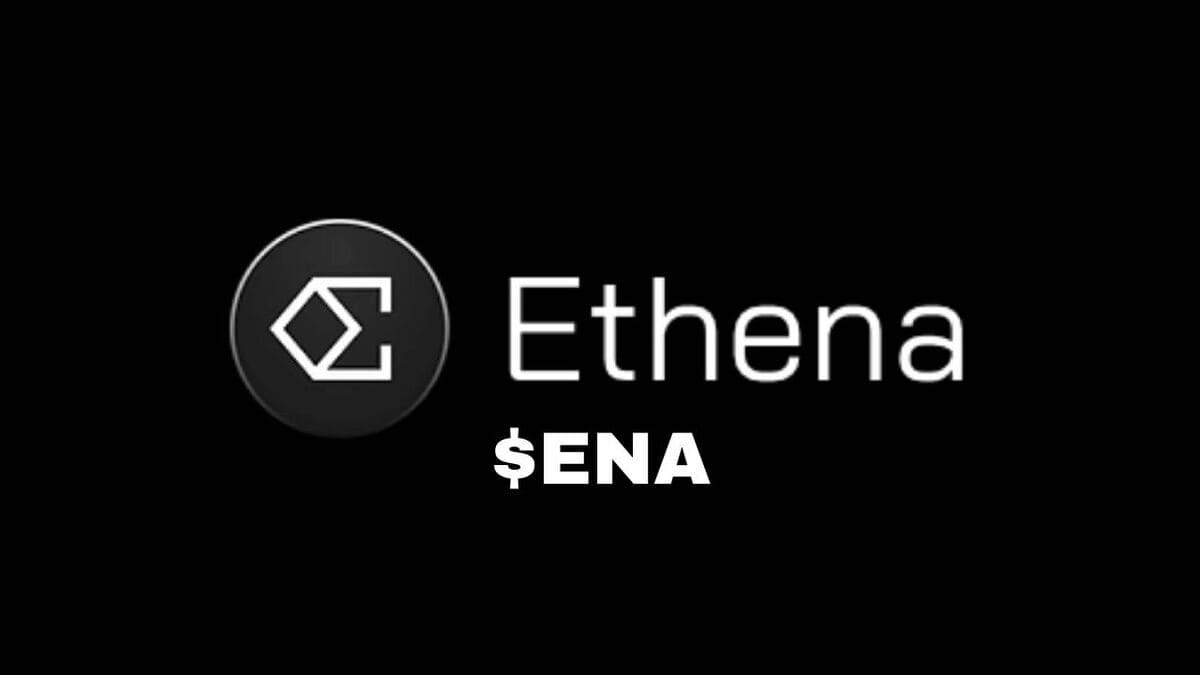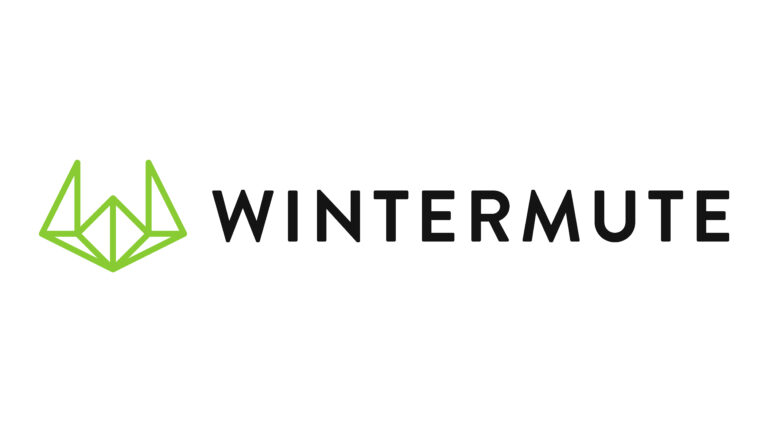Hook: A game-changing move for Ethena’s ENA token holders—how a new fee-sharing proposal will bring real value to stakers and shift the power dynamics in decentralized finance (DeFi).
The Big Move: Fee-Sharing for ENA Token Holders
On November 6, Wintermute, a leading market maker in the cryptocurrency space, made a groundbreaking proposal for Ethena, a decentralized finance (DeFi) protocol. The proposal, which was later approved, promises to share a portion of the protocol’s revenues with ENA token holders who stake their tokens.
This means that if you hold ENA tokens and stake them, you could soon start receiving a share of the protocol’s earnings. The goal is to align ENA holders more closely with the success of Ethena, providing them with direct benefits as the platform grows.
Why This Matters
Before this proposal, holders of sENA (the staked version of ENA) didn’t directly benefit from Ethena’s growing revenue. Even though Ethena was making significant money—thanks to its USDe stablecoin, which has seen a rise to a market cap of almost $3.2 billion—sENA holders had no clear way to capitalize on this growth. The disconnect was huge, and it made stakers feel left out of the protocol’s success.
This new proposal changes all that. By introducing revenue sharing, Ethena ensures that the value generated from its products, like USDe, directly benefits those who stake their ENA tokens. It’s a win-win that strengthens the connection between the platform’s economic success and the interests of ENA holders.
Breaking It Down: How Does It Work?
- Fee Sharing: A percentage of Ethena’s revenues, which come from different DeFi activities, will now be distributed among ENA stakers.
- Crystallizing the Plan: Ethena’s Risk Committee is working on finalizing the exact terms of how and when this fee-sharing mechanism will be activated, with a goal to launch by November 30. This will include the specifics on how much of the revenue will be shared and the technical details of its distribution.
- Long-Term Value: With the new fee-sharing model in place, stakers of ENA tokens (who hold the native token of the platform) will have an incentive to lock up their tokens for a longer period, creating a stronger market demand for ENA and a more stable protocol.
The Importance of This Shift
This development is crucial for Ethena’s long-term growth and market position. By incentivizing token holders with a clear, tangible benefit (revenue-sharing), Ethena is likely to see more users participating in the platform, increasing liquidity and stability. Additionally, it makes ENA a more valuable asset, as staking it now directly ties to the platform’s earnings, aligning holders’ interests with the protocol’s success.
Why You Should Care
For you, as someone interested in cryptocurrency, this development shows how DeFi protocols are continuously evolving. The integration of fee-sharing and revenue accrual mechanisms will likely become more common in the industry. Understanding these mechanisms will help you make better investment decisions in the future and better understand the value proposition of staking tokens in decentralized platforms.
Key Points to Remember:
- Fee-sharing brings real benefits to ENA token holders.
- sENA holders (stakers) can now earn from the protocol’s revenue.
- The launch of USDe and its success is central to Ethena’s growth.
- The Risk Committee is finalizing the revenue-sharing parameters.
Looking Ahead
This move by Ethena is just the beginning of more innovative mechanisms aimed at rewarding users in the DeFi space. For anyone interested in the future of crypto and DeFi, understanding how these protocols evolve and create value for token holders is essential for staying ahead of the curve.



